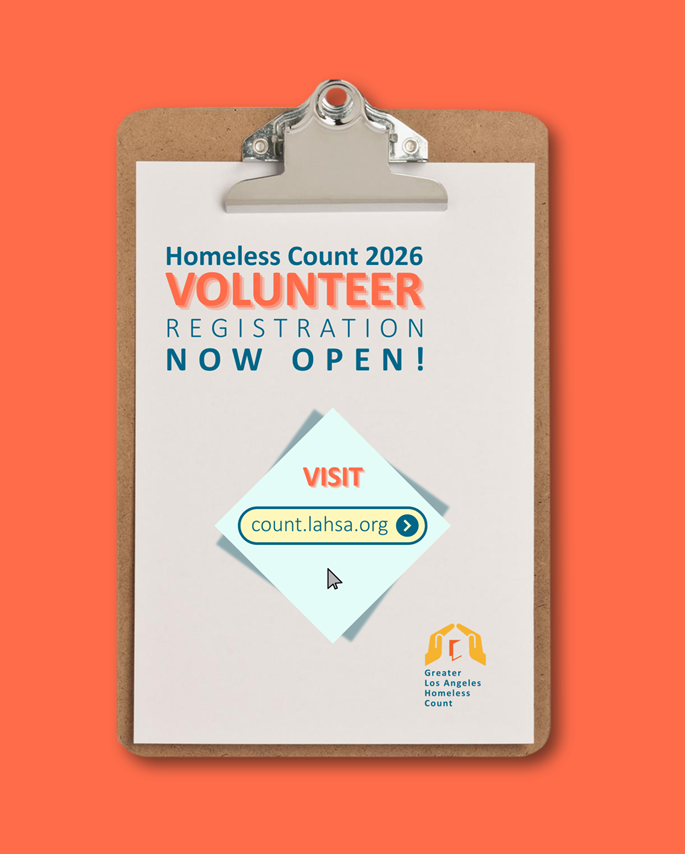NY Times: Supreme Court Seems Poised to Uphold Local Bans on Homeless Encampments
Reporting from Washington
- Published April 22, 2024
A majority of the Supreme Court appeared inclined on Monday to uphold a series of local ordinances that allowed a small Oregon city to ban homeless people from sleeping or camping in public spaces.
The justices seemed split along ideological lines in the case, which has sweeping implications for how the country deals with a growing homelessness crisis.
In a lengthy and, at times, fiery argument that lasted almost two and a half hours, questioning from the justices reflected the complexity of the homelessness debate. They weighed the status of poverty and the civil rights of homeless people against the ability of cities to clear public spaces like parks and sidewalks to address concerns about health and safety. They wrestled with what lines could be drawn to regulate homelessness — and, crucially, who should make those rules.
The conservative majority appeared sympathetic to arguments by the city of Grants Pass, Ore., that homelessness is a complicated issue best handled by local lawmakers and communities, not judges. The liberal justices strongly resisted that notion.
Chief Justice John G. Roberts Jr. calmly cut to the central point that seemed to resonate with the conservative wing: “Why would you think that these nine people are the best people to judge and weigh those policy judgments?”
In impassioned questioning, the liberal justices pushed back sharply on the city’s argument that homelessness was not a status protected under the Eighth Amendment’s prohibition on cruel and unusual punishment.
“Could you criminalize the status of homelessness?” Justice Elena Kagan asked the city’s lawyer, Theane D. Evangelis.
“Well, I don’t think that homelessness is a status like drug addiction,” Ms. Evangelis responded.
“Homelessness is a status,” Justice Kagan replied. “It’s the status of not having a home.”
The issue of how far local governments can go to regulate homelessness has given rise to unusual alliances across the political spectrum, with some leaders of left-leaning cities and states joining with conservative groups to urge the justices to clarify the extent of their legal authority in clearing encampments that have proliferated across the West in recent years.
CLICK HERE to read full article.
CLICK HERE to listen to NY Times Daily Podcast on the Grants Pass case.



.svg)




